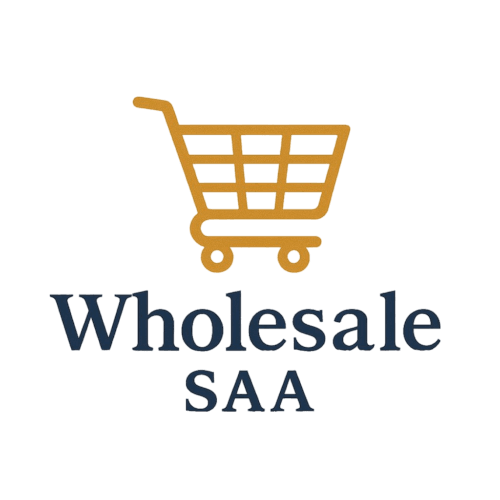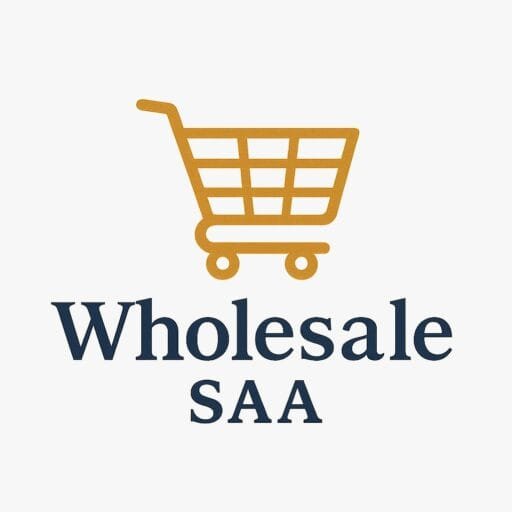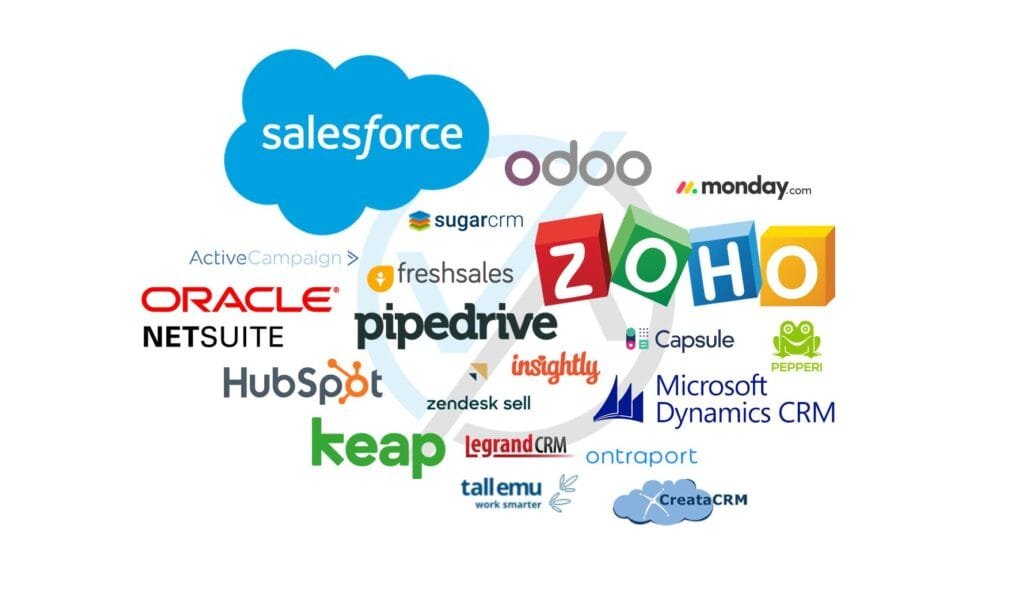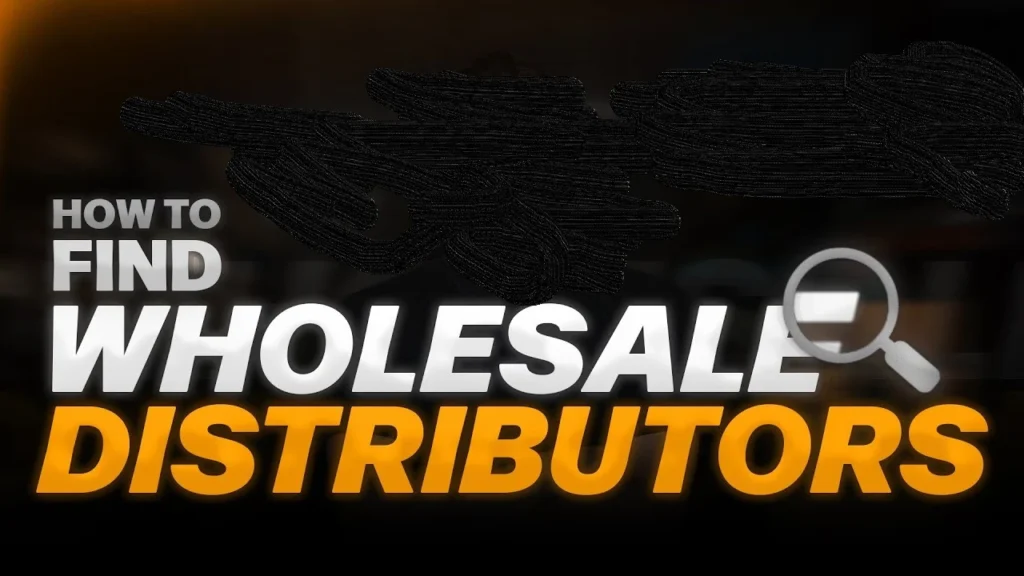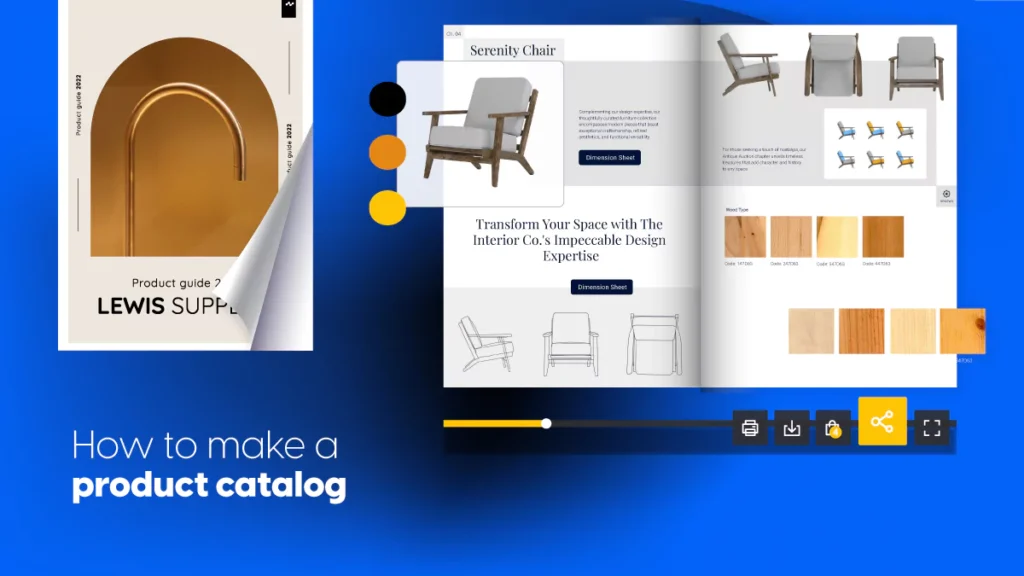We are in the age of global commerce and digital supply chains, hence identifying the right wholesale marketplace can be a game-changer for any entrepreneur.
Whether you’re launching a retail store, scaling up an online business, or sourcing products to fulfil client orders, leveraging the right platforms can save time, reduce costs, and boost profitability. Therefore, we’ll be guiding you through the top 10 wholesale marketplaces you need to know, and detailing their strengths, typical buyers, best use cases, pricing models, and insider tips.
1. Alibaba
What They Offer
Massive variety: From electronics and apparel to industrial goods and packaging, Alibaba supports thousands of categories.
Factory access: Direct communication with manufacturers allows customization (logos, specifications, materials).
Competitive pricing: Especially for large minimum order quantities (MOQs), prices can be dramatically lower than those of retail or regional suppliers.
Who It’s For
It’s ideal for entrepreneurs starting from scratch, brands needing private-label production, and dropshippers seeking margin-rich bulk pricing.
Pricing & Terms
MOQs can be as low as 50 units or as high as several thousand, depending on the product and the supplier.
Payment via Alibaba’s secure escrow (Alipay, bank transfer, or credit card).
Some suppliers accept sample orders for quality testing, often at a premium fee.
Pros & Cons
Pros: Unmatched selection, price negotiation leverage, customization potential.
Cons: Risk of inconsistent quality, shipping logistics, language and cultural barriers.
Insider Tip
Communicate slowly, clearly, and politely. Ask for references or factory certifications (ISO, CE). Start with a small test order, never gamble all your capital at once.
2. Global Sources
What They Offer
Curated for quality: Exhibitors must meet stricter vetting than on open-market sites.
Trade show goodness: Online listings are complemented by physical expos, fostering better relationship building.
Useful adjunct tools: Market intelligence reports, trend forecasting, and sourcing management tools.
Who It’s For
Businesses that require higher quality assurance, personal vetting of suppliers, or higher bought confidence.
Pricing & Terms
MOQs vary but are usually higher than Alibaba due to the “qualified-supplier” reputation.
Trade show fees are separate, but often worthwhile for serious buyers.
Pros & Cons
Pros: Safer sourcing, personal relationships, offline + online integration.
Cons: Slightly higher prices, less bargaining room for novices, travel costs for shows.
Insider Tip
Attend Hong Kong or Guangzhou trades to inspect goods, negotiate packing, and evaluate manufacturing processes in person.
3. IndiaMART
What They Offer
Access to Indian market: Uncover low-cost goods, hand-crafted items, textiles, spices, and agricultural output.
SME powerhouse: Most suppliers are small to mid-sized enterprises offering customization and willingness to export.
Regional specialty: Source region-specific products like handcrafted jewelry or Ayurvedic health goods.
Who It’s For
Firms seeking unique items, cultural imports, natural-product vendors, or diversified supply chains.
Pricing & Terms
MOQs may be small, especially for handicrafts and mild manufacturing orders.
Typically FOB (free on board), but some sellers support EXW (ex‑works), CIF (cost-insurance-freight), or door-to-door shipments.
Pros & Cons
Pros: Unique product variety, human interaction, affordable labor markets.
Cons: Quality variation, language/time-zone delays, slower logistics.
Insider Tip
Use the platform’s verification badge and ratings indicators. Communicate via WhatsApp or local numbers to build rapport. Always sample first.
4. ThomasNet
What They Offer
Industrial-grade sourcing: Connector for OEMs, machinery components, raw materials, electronics, and FDA‑compliant equipment.
Straight to certified factories: ThomasNet verifies U.S.-based and international facilities, maintaining industrial certifications and safety standards.
Who It’s For
Received manufacturers, product engineers, commercial kitchen owners, and niche industrial businesses.
Pricing & Terms
MOQs vary but are often high due to industrial scale and regulated materials. Payment terms are typically net 30–90 days.
Pros & Cons
Pros: OSHA compliance, traceability, product specification clarity.
Cons: Price premiums, slower innovation, not great for consumer goods.
Insider Tip
Discuss CAD drawing exchanges, compliance testing, and long-term RFQ relationships. Sign up for ThomasNet “Sourcing Reports” to stay informed.
5. 1688.com
What They Offer
Ultra‑low pricing: No currency exchange, minimal platform fees, direct domestic industrial sourcing.
Ideal for LCL orders: Find small to medium batches without requiring USD payments.
Who It’s For
China‑based buyers, intermediaries, or well‑connected suppliers working with local partners for export.
Pricing & Terms
Everything is priced in RMB. MOQs can be as low as 10 units at a low price, but requires local logistics integration.
Pros & Cons
Pros: Price advantage, vast suppliers, no import/export overhead for locals.
Cons: Language barrier, high shipping complexity, no direct USD/ESCROW system.
Insider Tip
Hire a trusted purchasing agent. Use machine‑translation aides. Consolidate multiple products from the same city to reduce logistics costs.
6. DHgate
What They Offer
Low-entry threshold: Many listings offer free samples or single‑unit orders.
Strong buyer protections: Fair resolution systems, escrow on payments.
Dropshipper integrated: Many listings support scheduled shipping, constant stock updates, and API sync.
Who It’s For
Small e-commerce sellers, resellers on Amazon/Etsy/Walmart, and importers testing new products.
Pricing & Terms
Products may cost a small premium, but risk is reduced. MOQs can be 1–10 units; trending goods may offer free sample.
Pros & Cons
Pros: Safety net for quality issues, fast dispatch, easy integration.
Cons: Thin margins due to higher per-piece costs, occasional counterfeit goods, limited customization.
Insider Tip
Read reviews carefully. Order generic samples (without branding) to check quality, then ask for bulk customization after validation.
7. Faire
What They Offer
No upfront subscription or fees: Free returns on opening orders; net‑60 deferred payment for new retailers.
Focused curation: Handmade, sustainable, boutique‑style, gender‑neutral or craft‑centered products.
Friendly interface: Inventory management integration, retail‑price margin display, and suggestions of complementary items.
Who It’s For
Boutique store owners, gift‑shop curators, eco-conscious brands, and entrepreneurs with lifestyle‑oriented storefronts.
Pricing & Terms
Faire takes a small commission (~2–15% of each sale). MOQs are small in most cases. They also offer free returns or 60‑day net terms to retailers.
Pros & Cons
Pros: Streamlined retail packaging, wholesale dropshipping, attractive product mix.
Cons: Price built-in commission, limited heavy industry or electronics.
Insider Tip
Launch your product on Faire by telling your brand story well. Participation in pop‑ups and Faire events enhances visibility with retailers.
8. Wholesale Central
What They Offer
Free to use: No sign-up needed to browse. Buyers connect directly via email.
Huge product range: From yard decor to food service equipment to holiday novelties.
No commission: Sellers often list real wholesale prices or direct links to catalogues.
Who It’s For
Seasonal product sellers, flea market vendors, resale shop owners, novelty goods purveyors.
Pricing & Terms
Pricing and MOQ depend on sellers individually, and ranges from $100 to $5,000+.
Pros & Cons
Pros: Quicker discoverability, small-batch novelty sourcing.
Cons: No built-in protection, leads often take SMBs’ time, reliability varies.
Insider Tip
Contact 5–10 wholesalers per product category and compare catalogs to negotiate shipping via freight consolidators.
9. eWorldTrade
What They Offer
Free listings and inquiries: Buyers can connect for free; sellers pay for verified listing packages.
Multilingual support: English, Spanish, French, Arabic, Chinese, and others.
Secure escrow payment: Provides protection mechanisms similar to Alibaba.
Who It’s For
Global entrepreneurs, importers, exporters, and diversifying traders.
Pricing & Terms
Browse free; MOQ, payment, and shipping negotiated independently. Options for EXW, FOB, CIF, and DDP.
Pros & Cons
Pros: Safety of escrow, access to suppliers in the Middle East, Africa, Latin America.
Cons: Smaller supplier volume, lower brand recognition, less refined vetting.
Insider Tip
Pay attention to “Verified Supplier” badges. Use the “Source Now” quotes tool to receive multiple pricing proposals automatically.
10. Wholesale2B
What They Offer
Integrated tools: Sync with Shopify, WooCommerce, eBay, Amazon, Etsy, BigCommerce.
Hassle-free dropshipping: No need to manage inventory; providers fulfil directly.
Comprehensive analytics: Tracks inventory, order status, and automated listing generation.
Who It’s For
Dropshipping businesses, e-commerce startups without warehouse capacity, mand ulti-channel online sellers.
Pricing & Terms
Platforms/packages range $29–$49 per month for basic use; solutions up to $149/month. Individual supplier MOQs don’t apply—quantity per order only.
Pros & Cons
Pros: Rapid setup, price automation, multi-channel support.
Cons: Low margin due to service fees, limited branding (branded dropship often requires custom add‑ons).
Insider Tip
Perform test orders with tracking enabled to evaluate delivery times and packaging conditions. Use their “Quick Start” product to test-market fast‑selling items.
